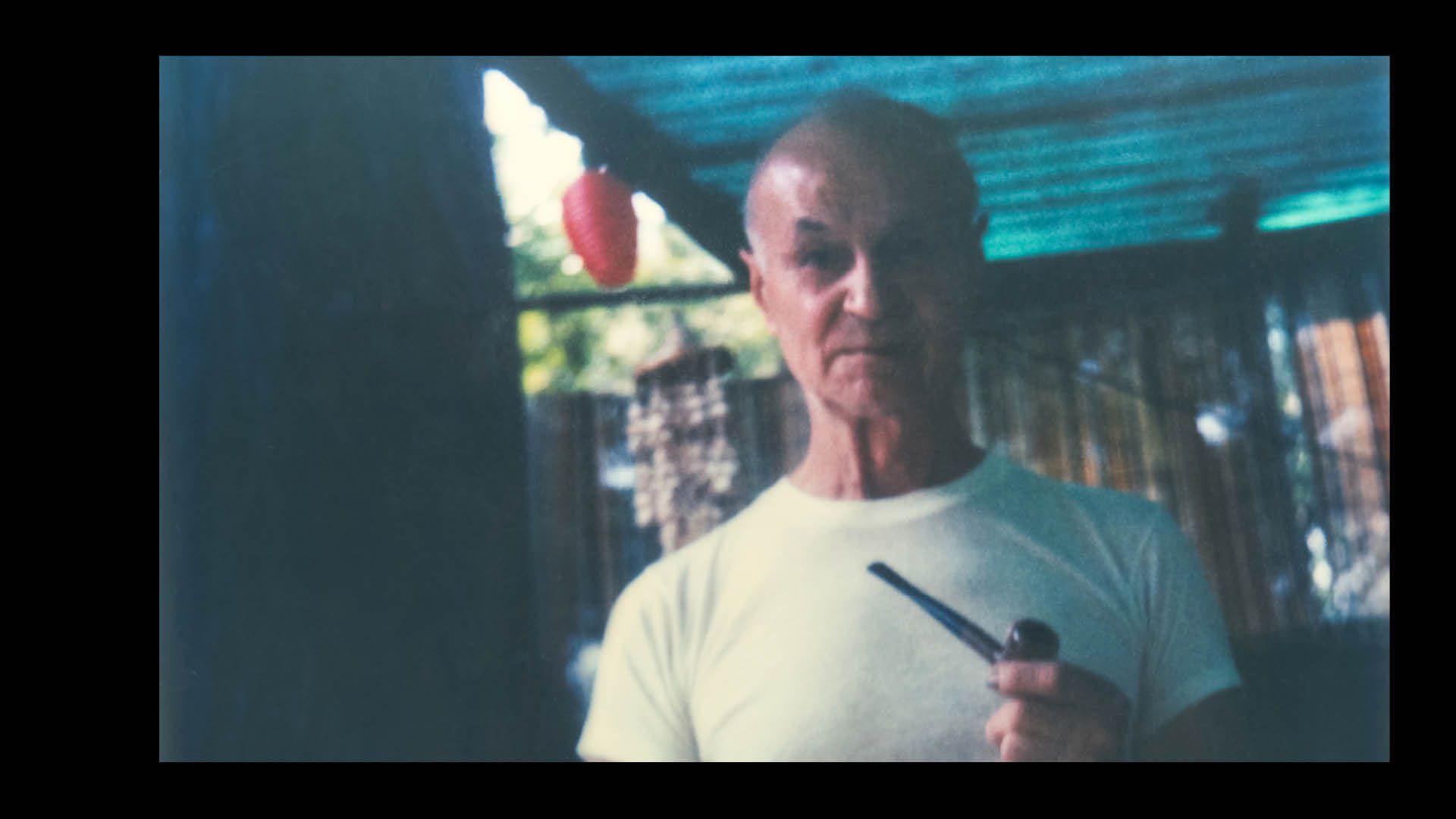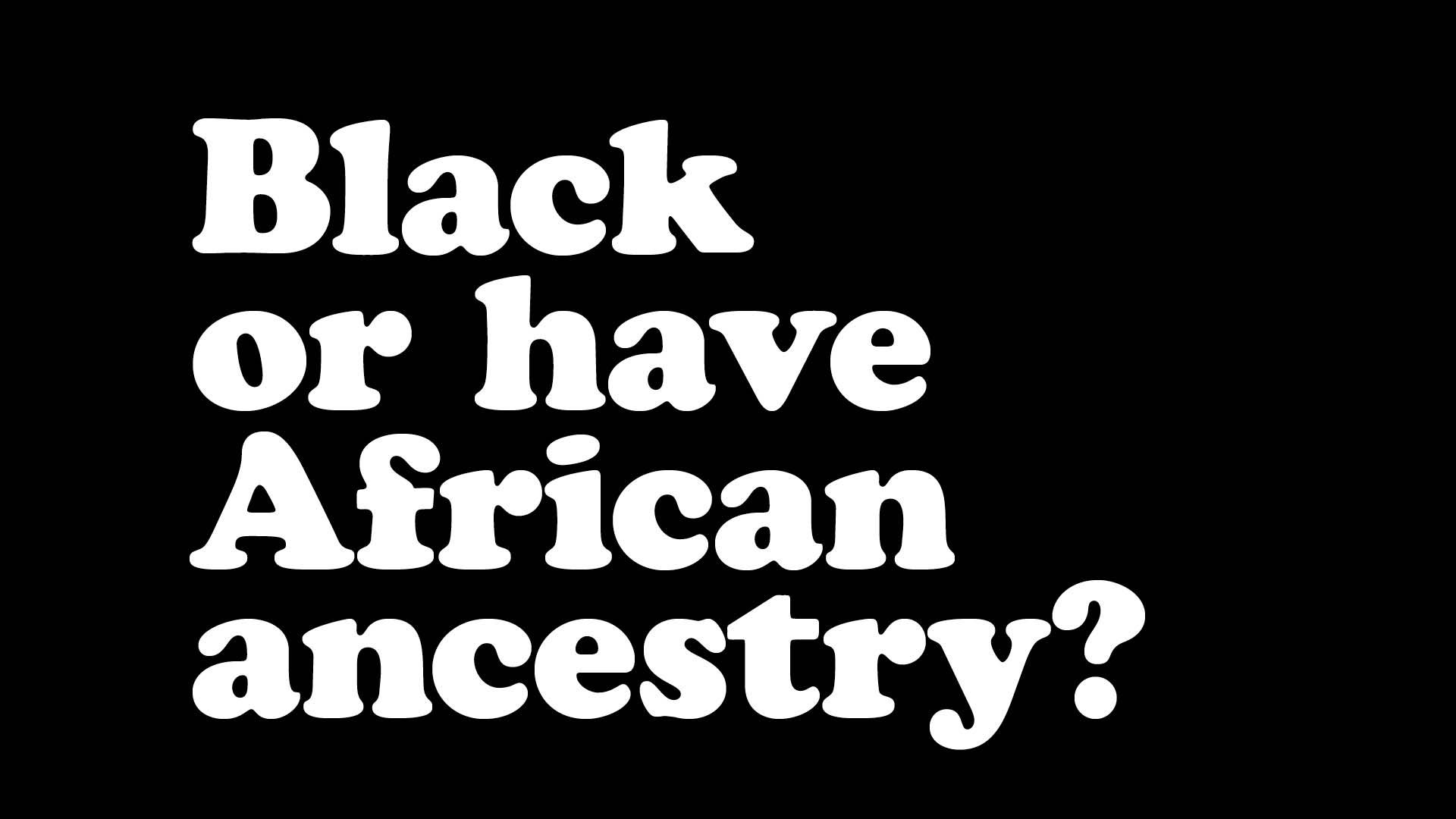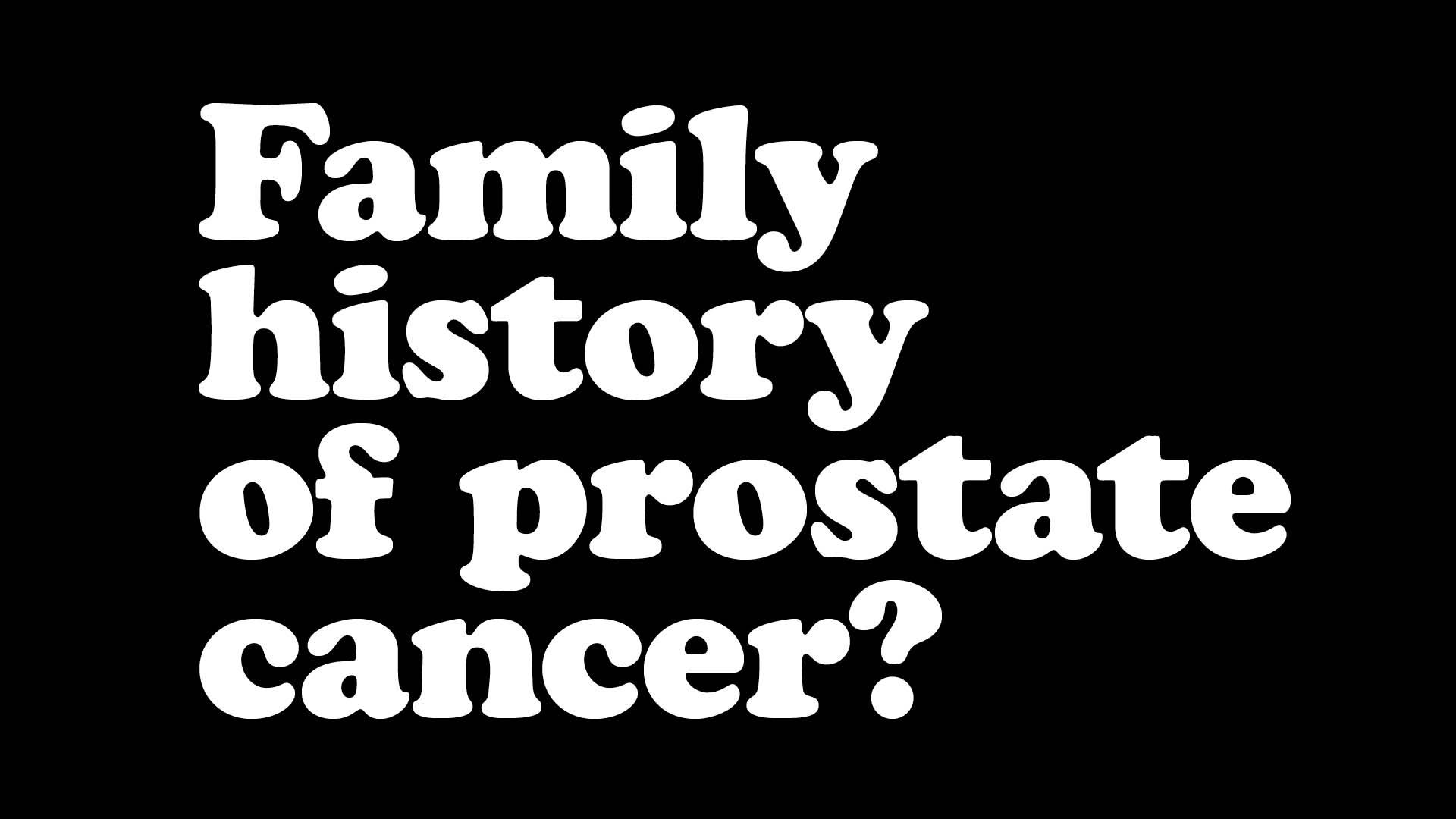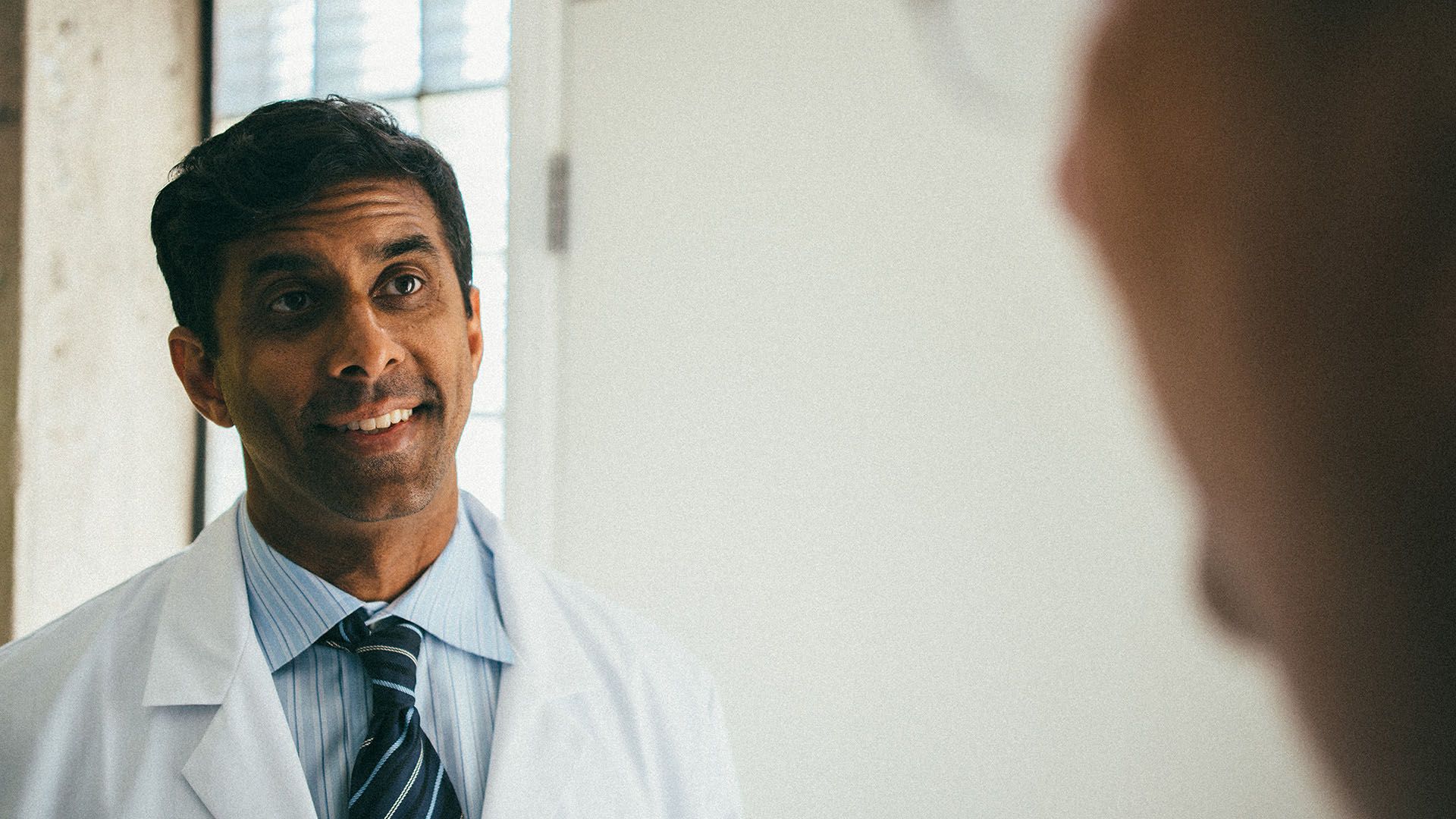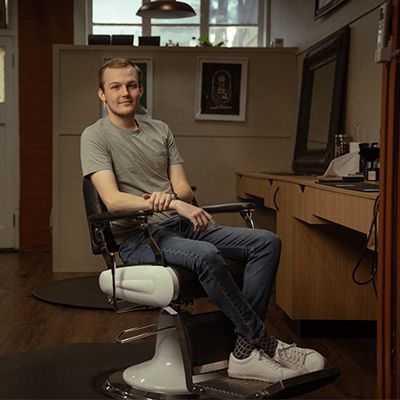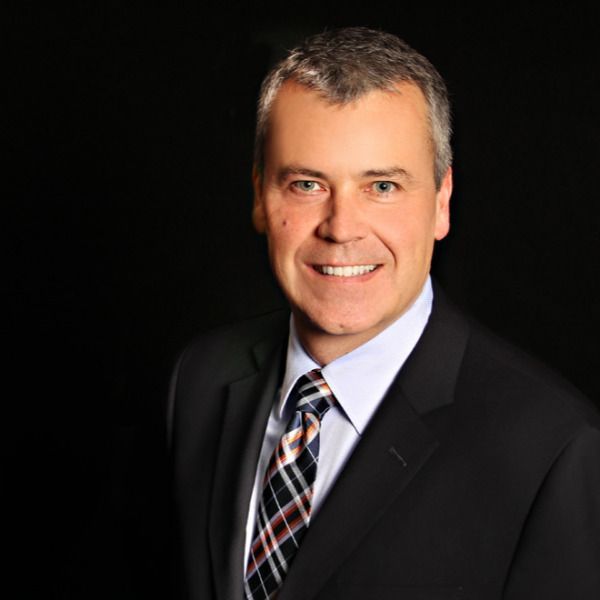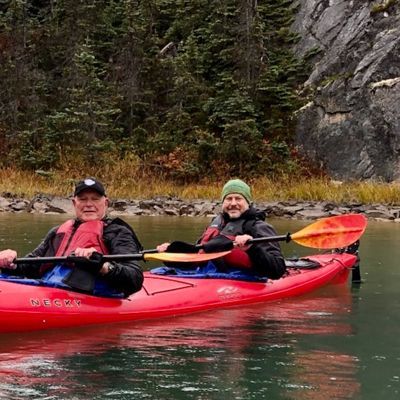Prostate cancer. Know your risk.
We all have men in our lives that love to talk. About the good ol’ days. About that never-ending backyard project (any year now, right?). About something that drives them nuts. Yet some things don’t get talked about enough. Like prostate cancer.
It’s time to get talking about your risks.
It's the most common cancer in men over 45
But there’s good news. There’s a lot that you can do. Just by knowing some important facts about risk – and knowing when to take action. Just remember: early detection is key. That means understanding your risk of prostate cancer. It means knowing when to start conversations with your doctor. And it means, when the time is right, taking action and not hesitating.
Do you know your risk?
Age
If you have a prostate, then your risk of developing prostate cancer increases with age. However, that doesn't mean prostate cancer is limited to the older generation. So if you’re 50 or older, start talking to your doctor about your risk. Just be aware that the recommended age at which to have those conversations varies by country.
Race/ancestry
Prostate cancer is more common in Black men and men with African ancestry. The reasons still aren’t fully understood, but it’s likely due to a bunch of different genetic and biological factors. So if you’re Black or have African ancestry, start talking to your doctor about prostate cancer when you’re 40. Again, the recommended age varies by country.
Family history
The genes from our parents and relatives play a part in prostate cancer risk. Your risk is higher if there’s a father, brother or uncle who had prostate cancer. It’s also higher if there’s a mother or sister who had breast or ovarian cancer. So if there’s a family history like this, start talking to your doctor about prostate cancer when you’re 40. Once more, the recommended age varies by country.
Seeing the doc
Nice one! You’ve decided to check in with the doc. Your doc is an expert (seriously, they do this kind of thing all day). They’ll talk you through everything you need to know – whether you need any tests, how to get them done, what results mean, and what to do next.
Often, early prostate cancer causes no issues or symptoms – so it’s important to check in with your doctor even if you’re feeling fine. In many cases, prostate cancer grows slowly and many men don’t notice any signs at all. It’s why early detection is key – especially for those at risk.
Sometimes there are issues that could point to signs of prostate cancer – like trouble with leaking urine – but it’s not always the case. There are lots of reasons why issues might be happening, so avoid making assumptions. It’s best to let you doctor get to the bottom of it.
If it turns out that nothing’s wrong? Then that’s the best possible result. Your doc will be delighted to put a plan in place to check in with you again.
And if something shows up that needs more attention, the fact that you’ve taken action early can make a huge difference.
Start here. What is prostate cancer?
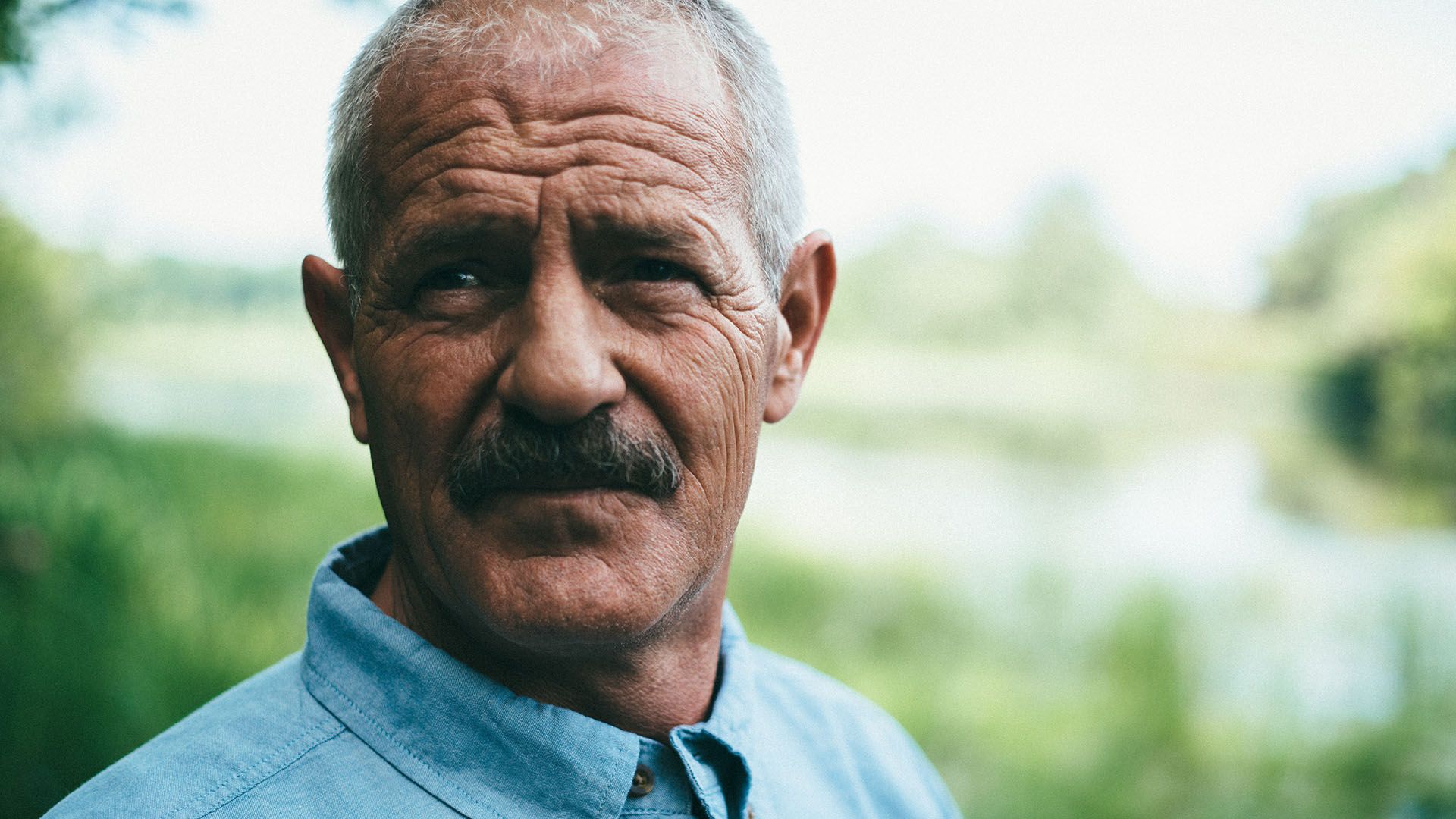
It’s one of the most common cancers in older men. Find everything you need to get started. From knowing how common it is, to understanding the different types of prostate cancer and who is most at risk.
Do you know what causes prostate cancer?
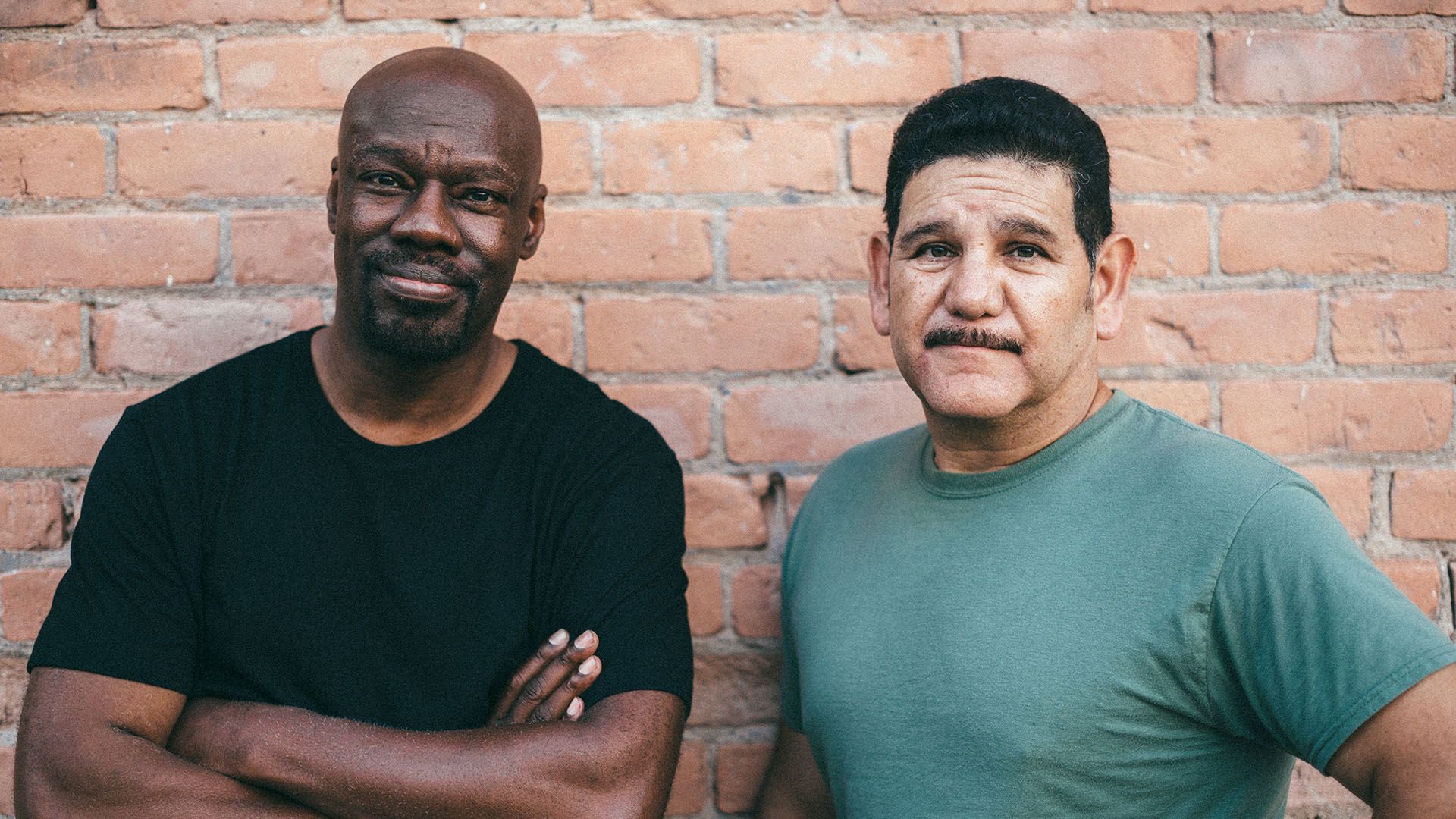
More than 1.4 million men are diagnosed each year with prostate cancer, and many more are living with the disease. So how much do we know about one of the most common cancers in the world? The answer may surprise you.
Understand prostate cancer signs and symptoms.
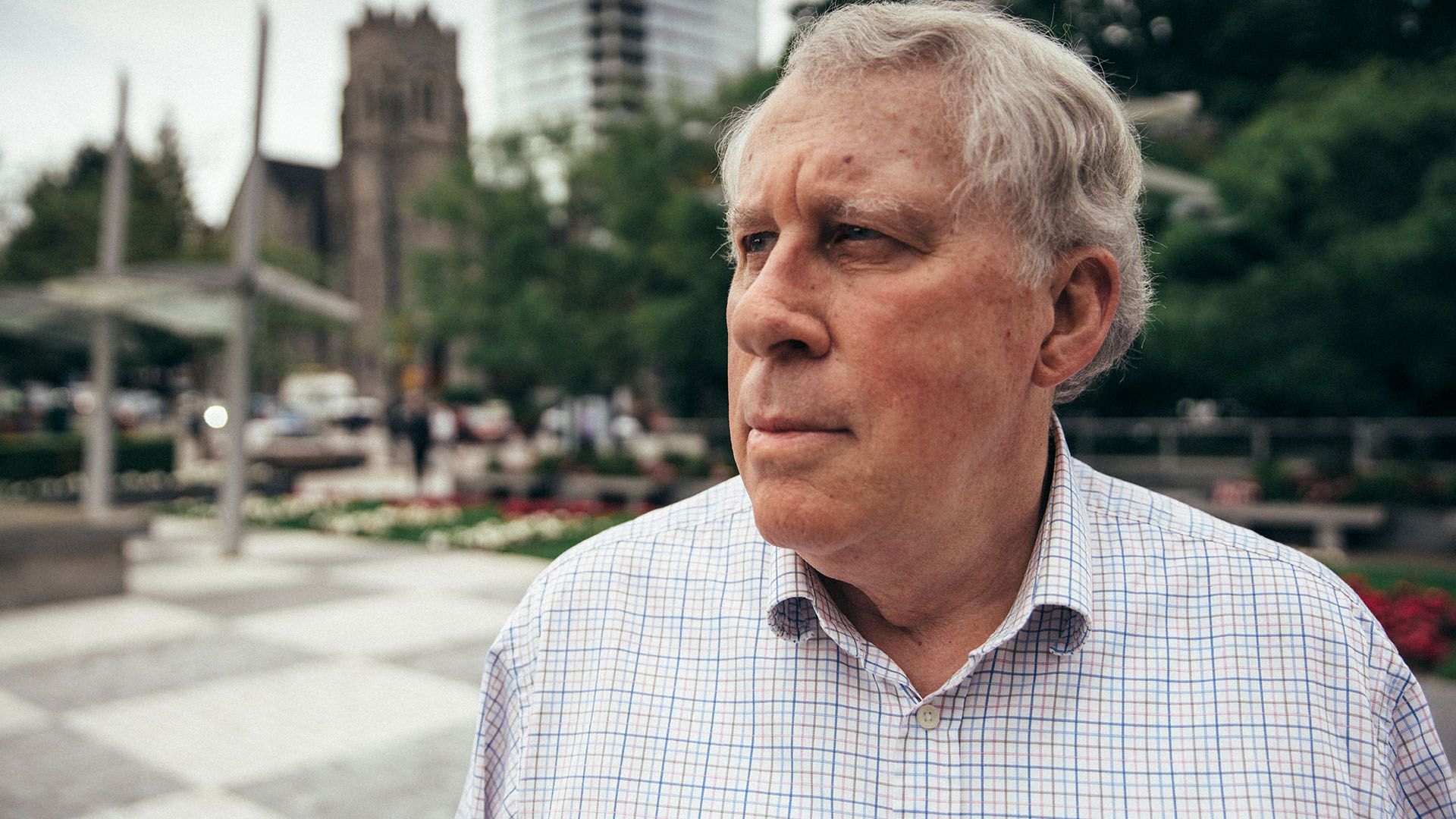
Prostate cancer grows slowly. Years might pass before some men notice any symptoms – and some men experience no symptoms at all. Find out about the most common symptoms of prostate cancer, and learn more about early screening and detection.
